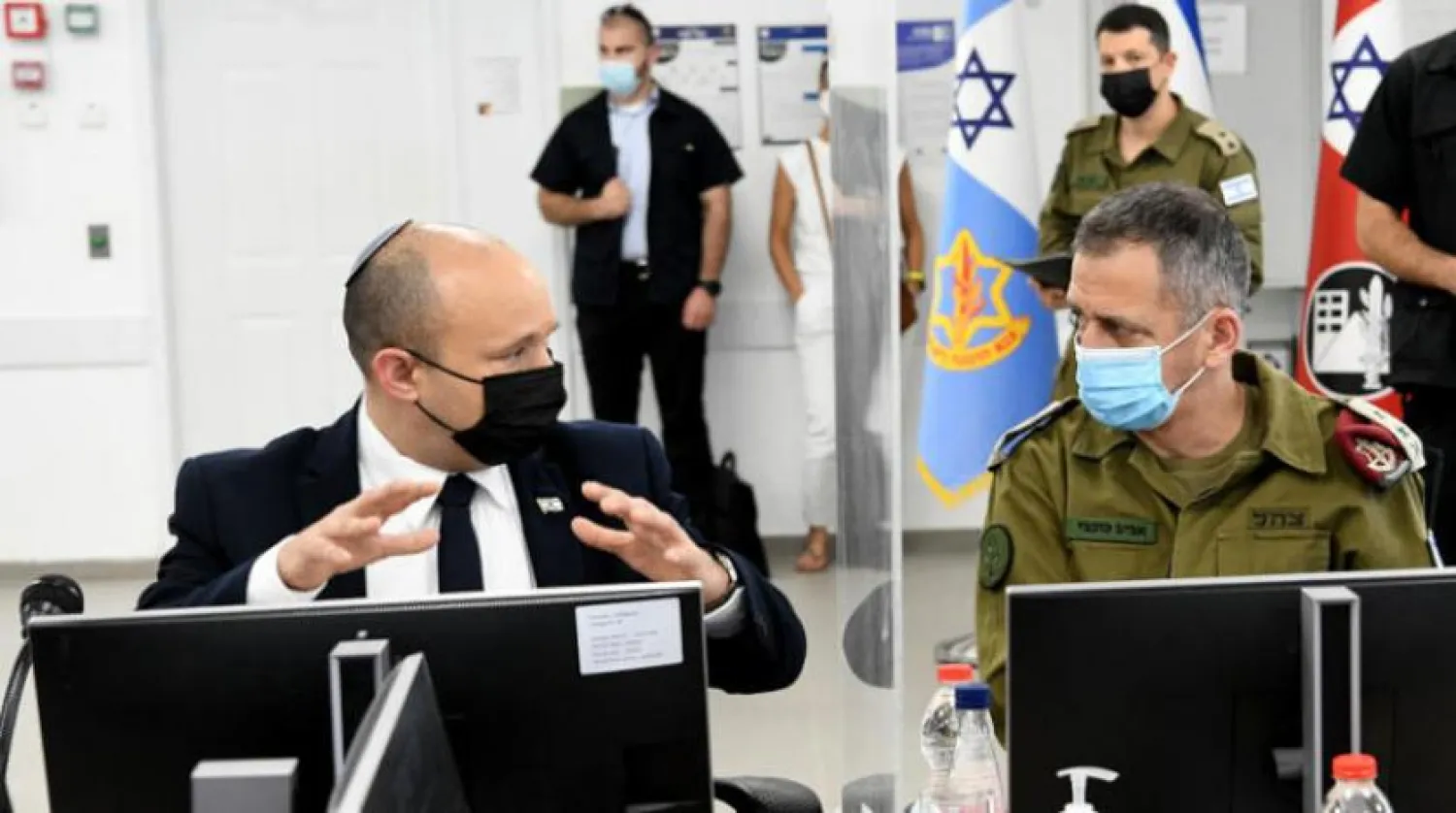Israeli Chief of Staff Aviv Kochavi asked senior Central Command officers to reduce the number of shootings of Palestinians by soldiers in the West Bank, which has risen considerably in recent months.
Military sources told Israeli media that Kochavi had asked troops to reduce the killings after more than 40 Palestinians were shot dead in clashes with soldiers.
They confirmed that Kochavi’s message came after politicians and security officials criticized the conduct of Central Command chief Maj. Gen. Tomer Yadai for the behavior of his forces, warning that it could lead to an escalation in the West Bank.
Haaretz newspaper quoted political officials in Tel Aviv, who criticized the Central Command and his officers. They warned that their behavior could touch off an escalation in the West Bank and hurt the government’s efforts to help the Palestinian Authority (PA) recover economically and politically.
Kochavi also noted several cases where settlers in civilian clothes were seen shooting at Palestinians with army-issue weapons.
In June, a settler was photographed using an Israeli army weapon to shoot at Palestinians in the southern Hebron Hills.
The shooter, who emerged from a military jeep in which soldiers were sitting, was photographed firing at Palestinians from the village of a-Tuwani near the outpost of Havat Maon. At the same time, other settlers at the scene threw stones and damaged trees belonging to the Palestinians.
The newspaper reported that the Israeli army was not provided with any information about the attack and others in which settlers were seen shooting at Palestinians with soldiers observing nearby.
Over the past three months, Palestinians have complained of a significant escalation in attacks by settlers and soldiers that they blamed on the army’s approval of establishing the Eviatar settlement outpost on Jabal Sabih near Nablus.
Haaretz said that this was met with daily Palestinian demonstrations, leading to clashes between them and soldiers and settlers, leaving five Palestinians dead and hundreds injured.
Clashes expanded to several other locations in Jerusalem and the rest of the West Bank.
Haaretz said over the past three weeks, several Palestinians were killed in a manner that raises questions over the soldiers’ compliance with the rules of engagement.
Mohammed al-Alami, 12, was killed when he was struck by 13 bullets fired at the vehicle in which he was sitting with his family near the entrance to the town of Beit Ummar, north of Hebron.
One of the bullets struck the boy in the chest. After his funeral, clashes broke out, during which Israeli soldiers shot and killed Shawkat Awwad, 20.
In July, 17-year-old Mohammed Tamimi was shot and killed by Israeli fire in Nabi Saleh near Ramallah. A few days later, soldiers shot dead a plumber, Shadi Shurafi, from Beita.









